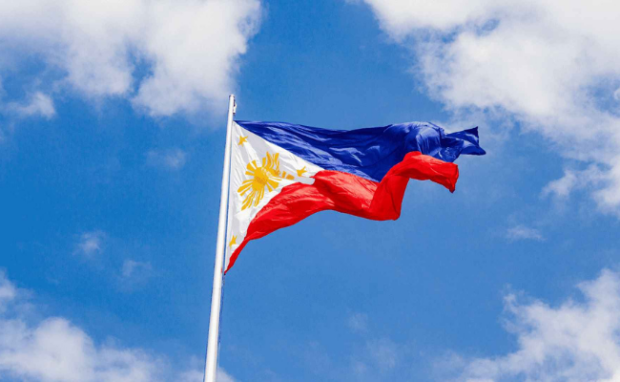Canada and the Philippines have similar AI regulations
In a speech yesterday, Canada’s Minister of Innovation, Science, and Industry, François-Philippe Champagne, announced the country’s AI ambitions. Champagne said the government wants the country to be the first to have AI regulations. Believe it or not, Canada’s latest AI law is similar to a recent proposal in the Philippines!
The Philippines has been undergoing a major digital transformation under President Bongbong Marcos. More foreign firms are partnering with the nation to help it keep up with our increasingly digitalized world. Seeing Canada develop laws similar to the pending ones in the Philippines shows the latter is headed in the right direction.
This article will discuss Canada’s Artificial Intelligence and Data Act (AIDA). Then, I will compare it to the Philippines’ AI Bill proposing the creation of the Artificial Intelligence Development Authority (AIDA).
What is Canada’s AIDA?

Photo Credit: thoughtco.com
Canada’s official website for the AI and Data Act acknowledges the significance of artificial intelligence in modern life. Hence, the government described the new law’s objective with this statement:
“The Act would ensure that AI systems deployed in Canada are safe and non-discriminatory and would hold businesses accountable for how they develop and use these technologies.”
The latest Canada AI law focuses on corporate accountability. It wants businesses to be responsible for their AI projects by addressing their risks and helping users make informed decisions.
More importantly, the regulations are surprisingly simple as they outline their goals with three Ds: Design, Development, and Deployment. Here’s how they work:
- Design: Businesses will be required to identify and address the risks of their AI system with regard to harm and bias and to keep relevant records.
- Development: Businesses will be required to assess the intended uses and limitations of their AI system and make sure users understand them.
- Deployment: Businesses will be required to put in place appropriate risk mitigation strategies and ensure systems are continually monitored.
You may also like: Google AI may scrape websites for training data
It aims to be a flexible policy that enables safety obligations to fit various AI types. It will require more as the risks increase. Also, VentureBeat shared a statement from Canada’s Minister of Innovation, Science, and Industry, François-Philippe Champagne.
“The world is looking at us to lead in how we’re going to define the guardrails that are going to be put in place here in Canada and inspire the rest of the world,” he said.
“AI is in the minds of everyone, but also in the minds of leaders around the world, and they expect us to act. Canada will now have a voluntary AI code of conduct which is going to be focused on advanced generative AI.”
What is the Philippines’ AIDA?

Photo Credit: vistaresidences.com.ph
Filipino lawmakers have also been aware of the world’s AI transformation. On March 1, 2023, Surigao del Norte Second District Representative Robert Ace Barbers filed the AI Bill.
House Bill #7396 proposes the creation of the Artificial Intelligence Development Authority (AIDA). It has many similarities with the Canada AI regulations besides the acronym.
AIDA will be “responsible for developing and implementing a national AI strategy.” That means it will also direct how businesses create and apply artificial intelligence tools to the country.
However, it has many advantages over the Canadian proposal. First, it puts the Filipino people at the heart of AI innovation. The law states the Philippine AI body would “promote research and development in AI, support the growth of AI-related industries, and enhance the skill of the Filipino workforce in the field of AI.”
You may also like: OpenAI proposes AI regulations
“AI is rapidly transforming the global economy, with its potential to enhance productivity, improve the delivery of public services, and drive economic growth.”
“While the Philippines recognizes the importance of AI in the development of the country, the rapid phase of technological advancement in AI also poses risks and challenges that must be addressed to ensure that its benefits are maximized, and its negative impacts are minimized, if not avoided.”
Second, it recognizes the risks of this emerging technology, so it assigns AIDA as a “watchdog” against it. As a result, the Philippine AI Bill will likely help Filipinos prosper in the digital age.
Conclusion
Canada and the Philippines proposed similar AI regulations. The Canadian Artificial Intelligence and Data Act ensures businesses follow strict standards in building AI projects.
On the other hand, the Philippines AI Bill proposes the creation of the Artificial Intelligence Development Authority. It aims to maximize benefits and mitigate AI risks to Filipino citizens.
Both laws are still proposals at the time of writing. Nevertheless, they will change the lives of millions of people. Prepare by learning the latest digital trends at Inquirer Tech.